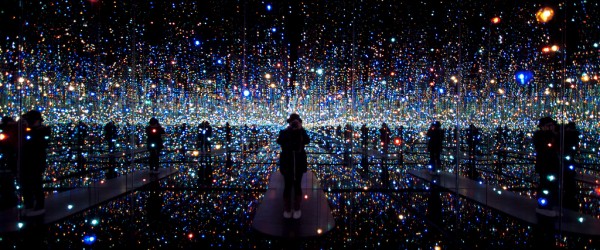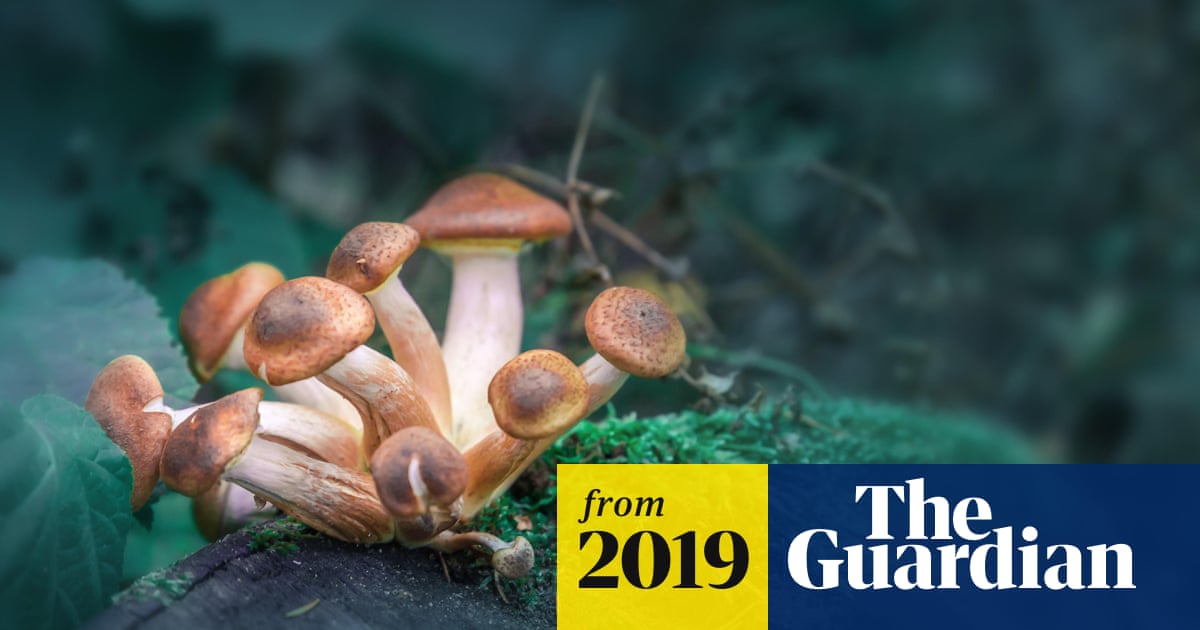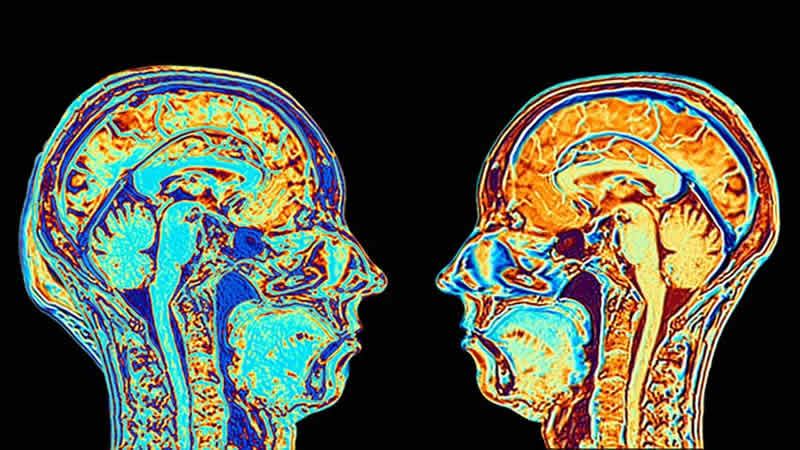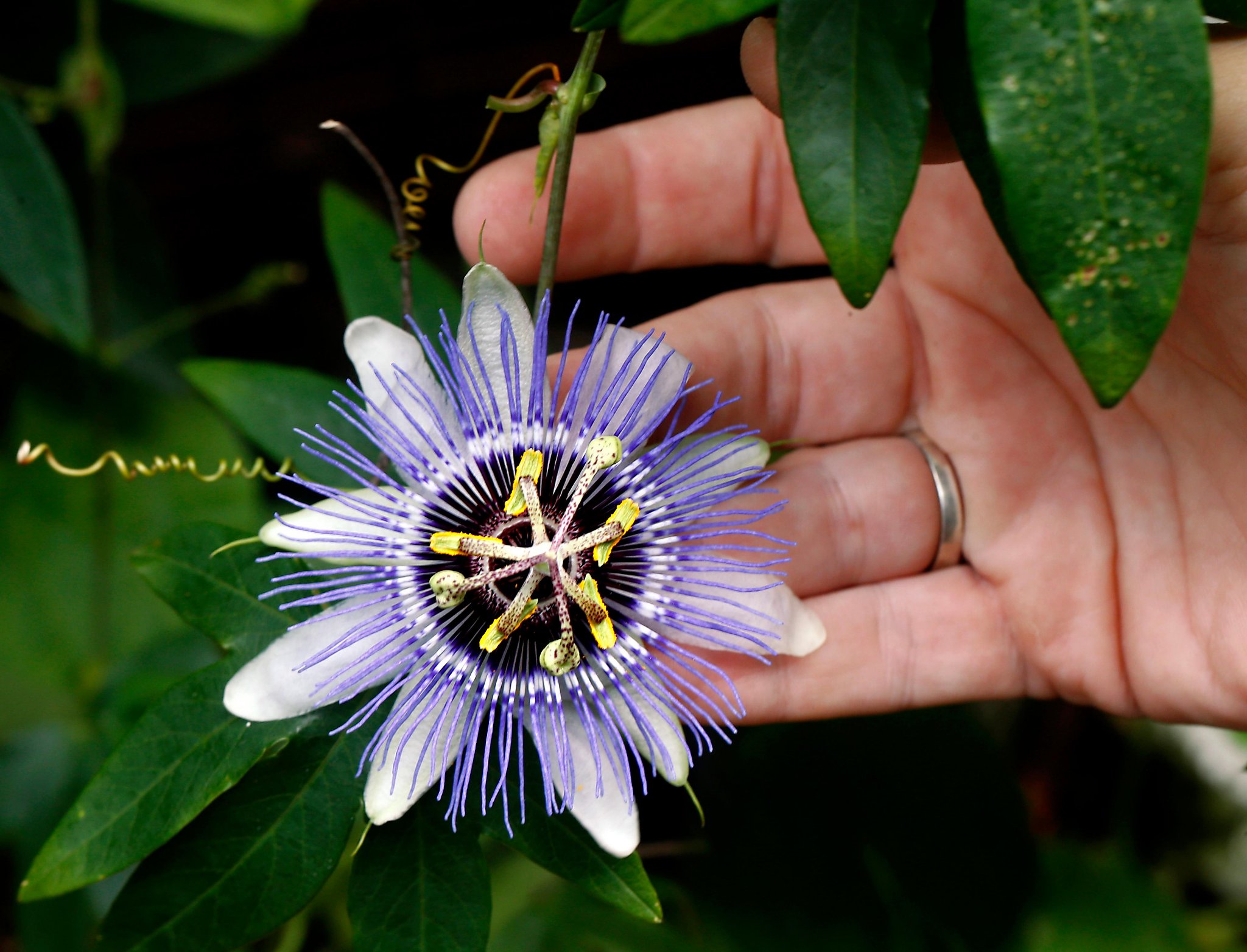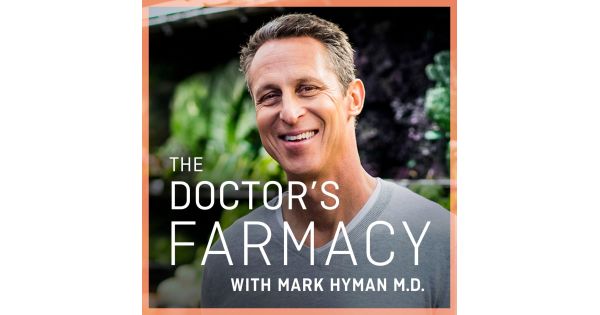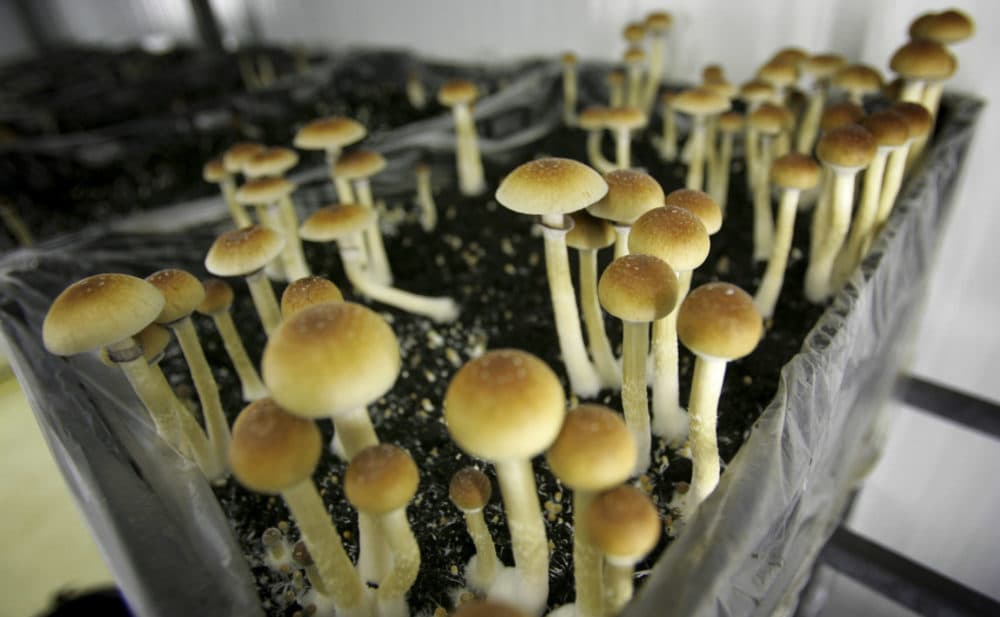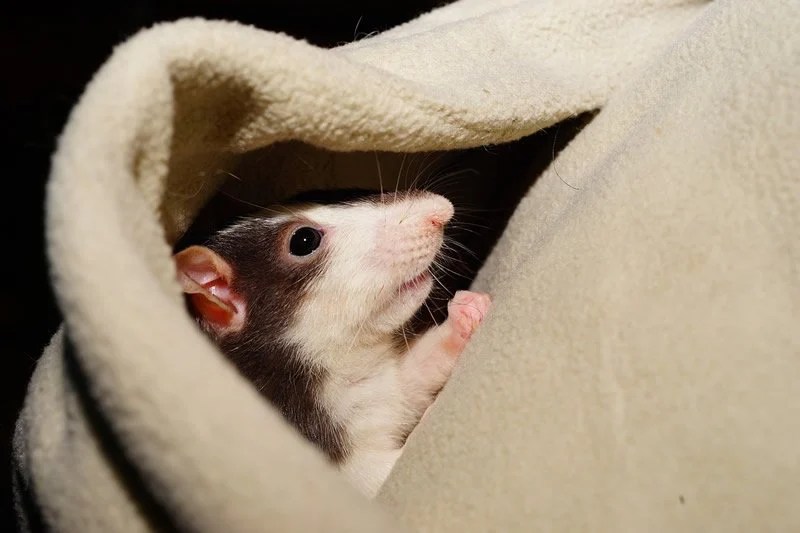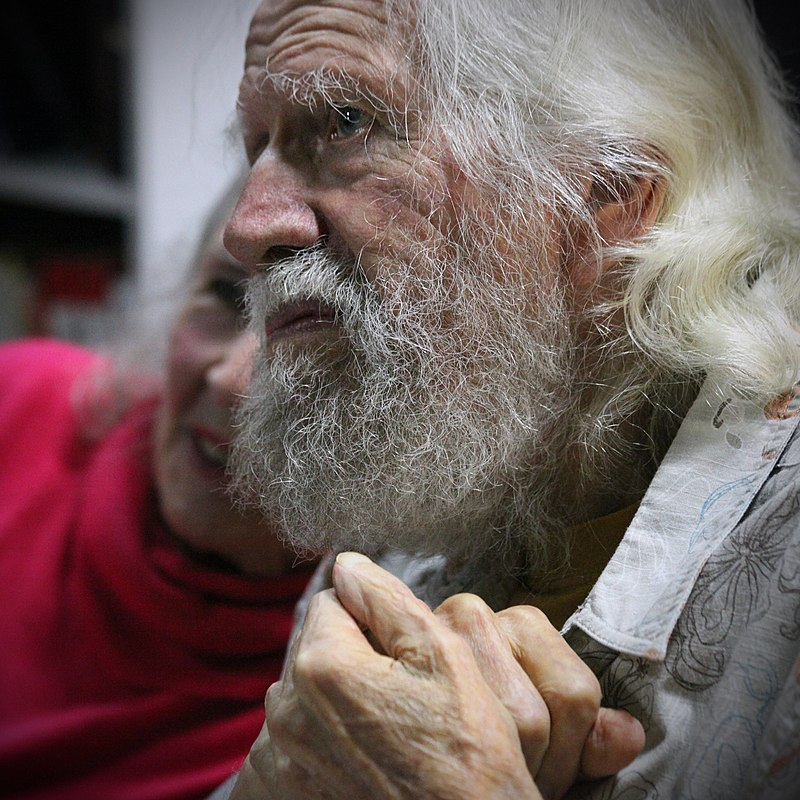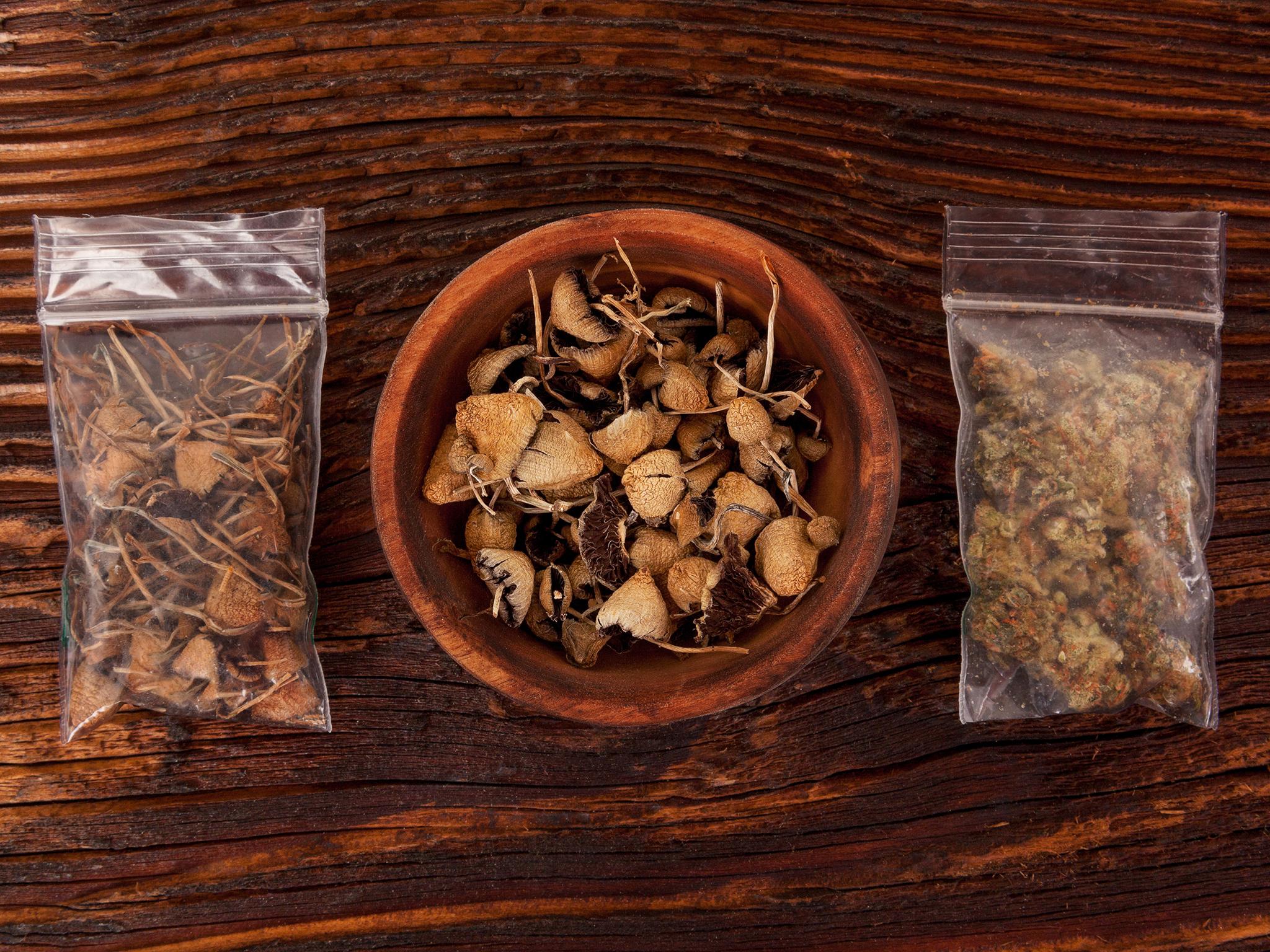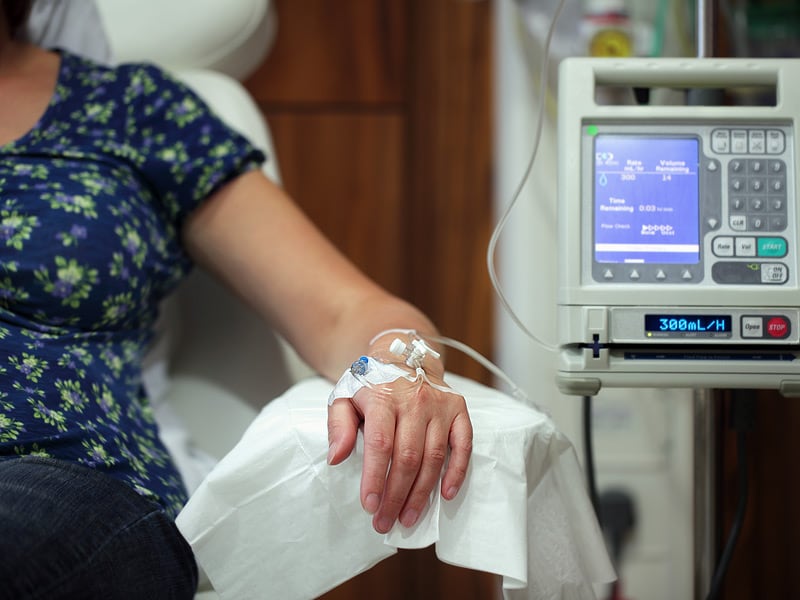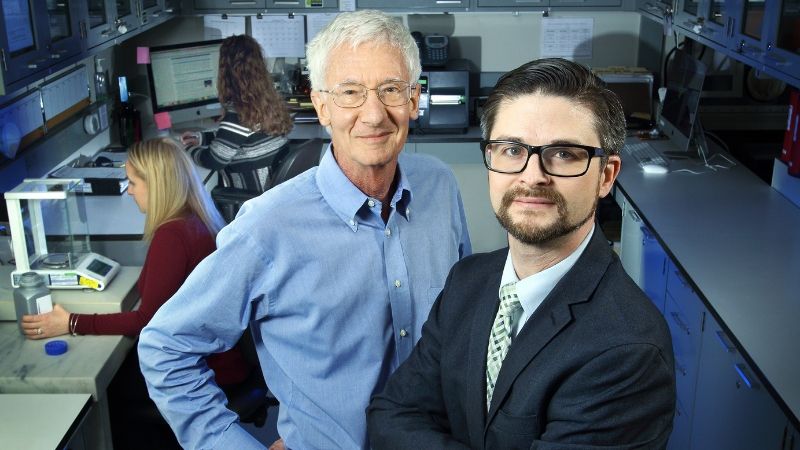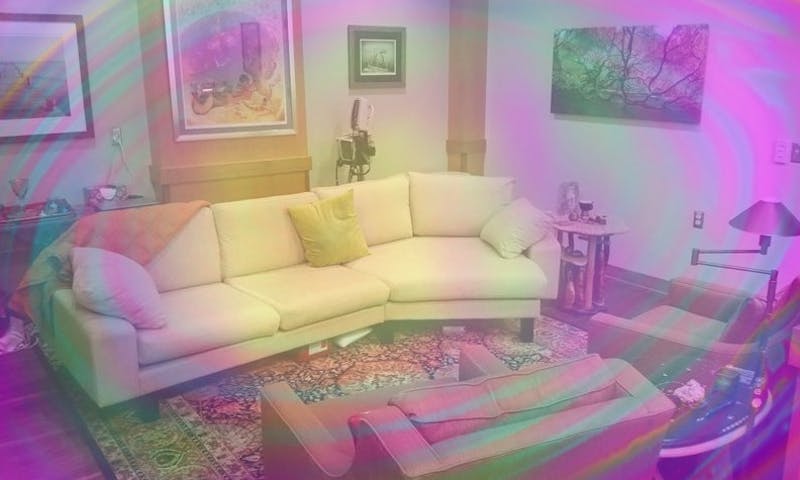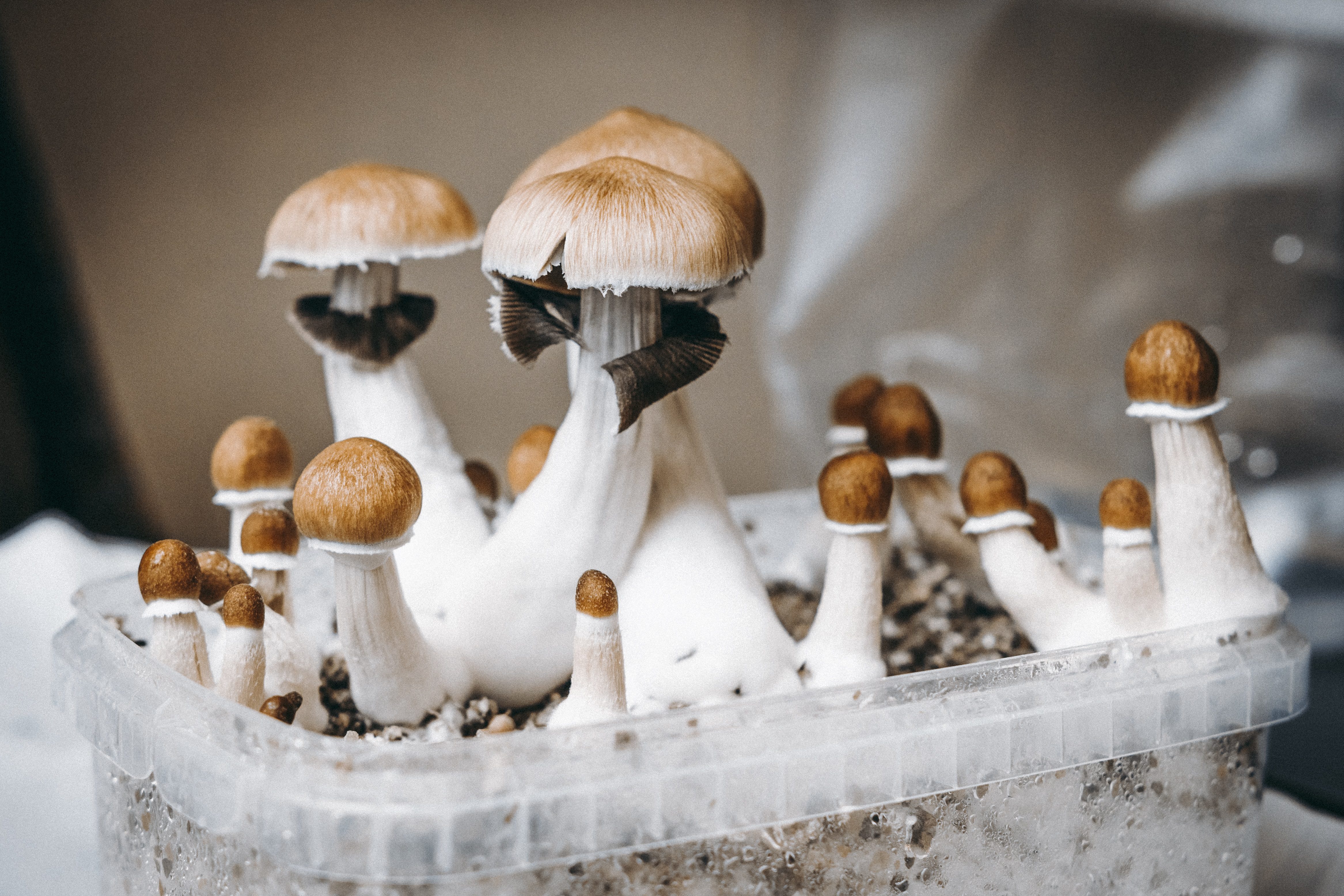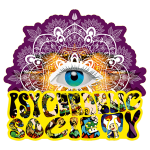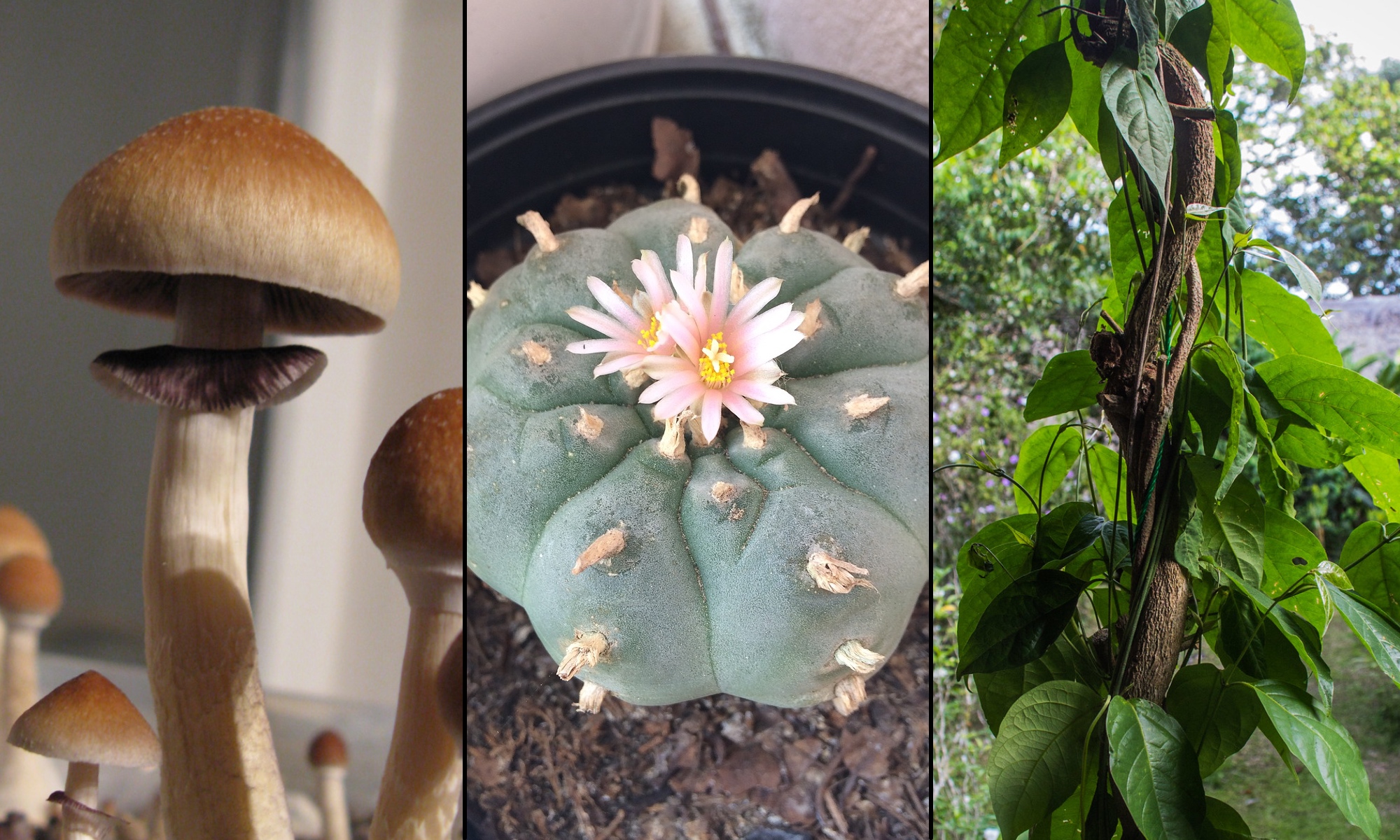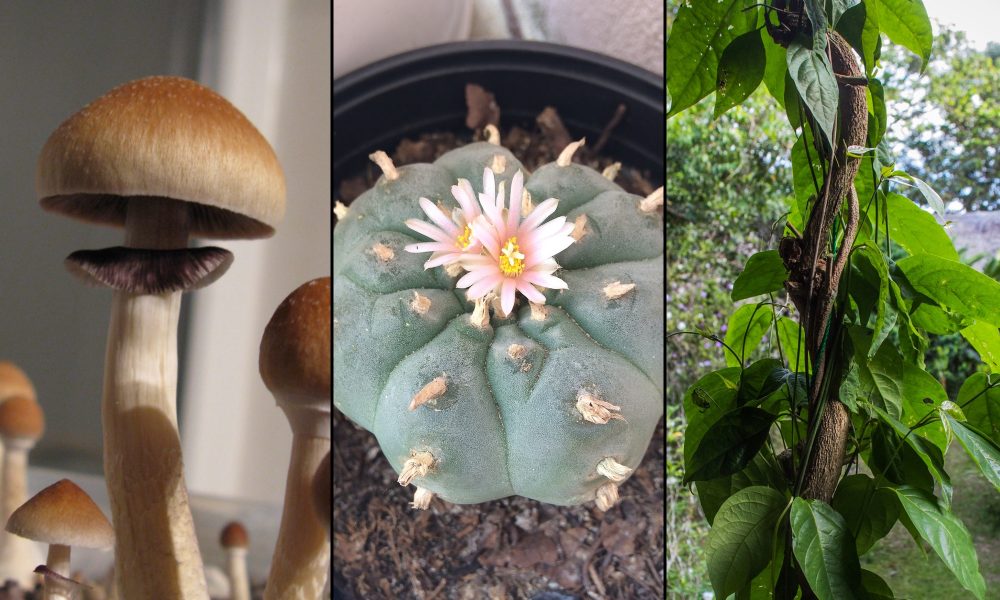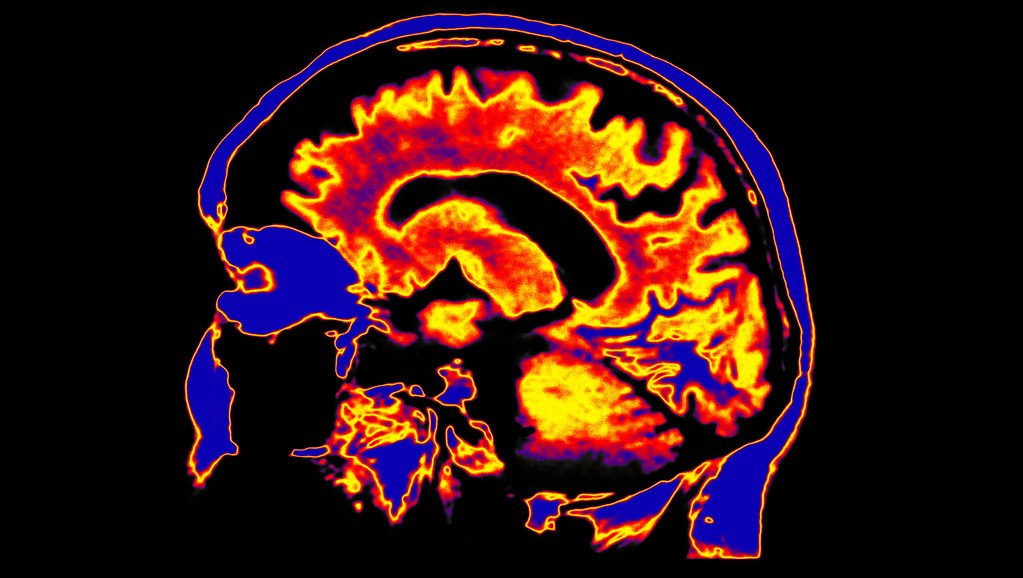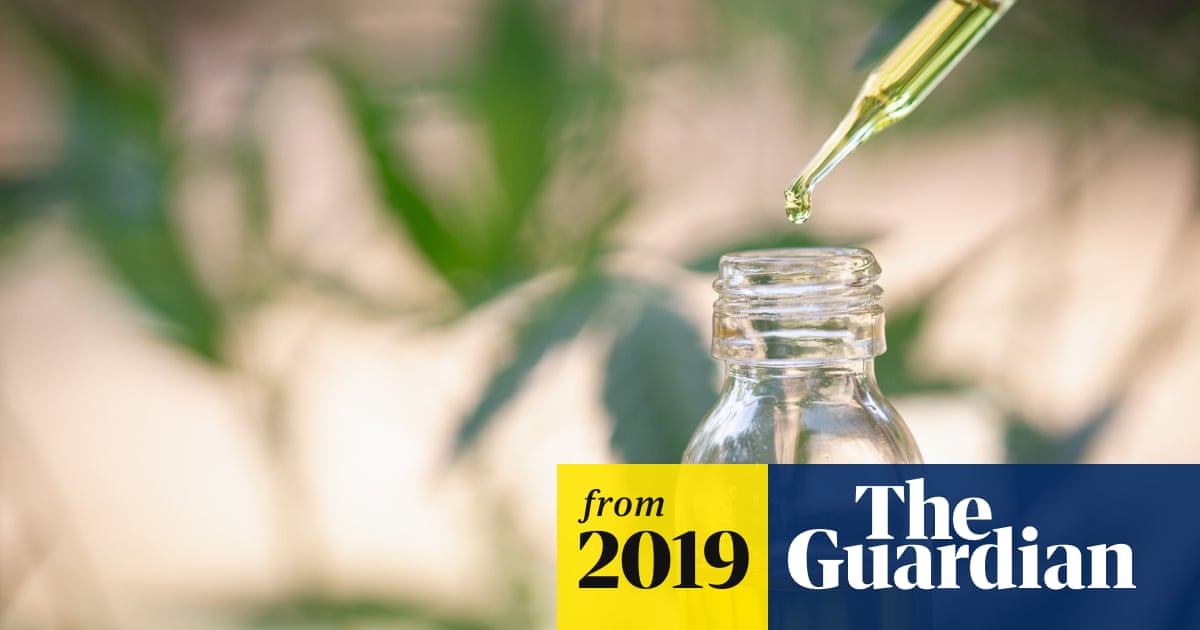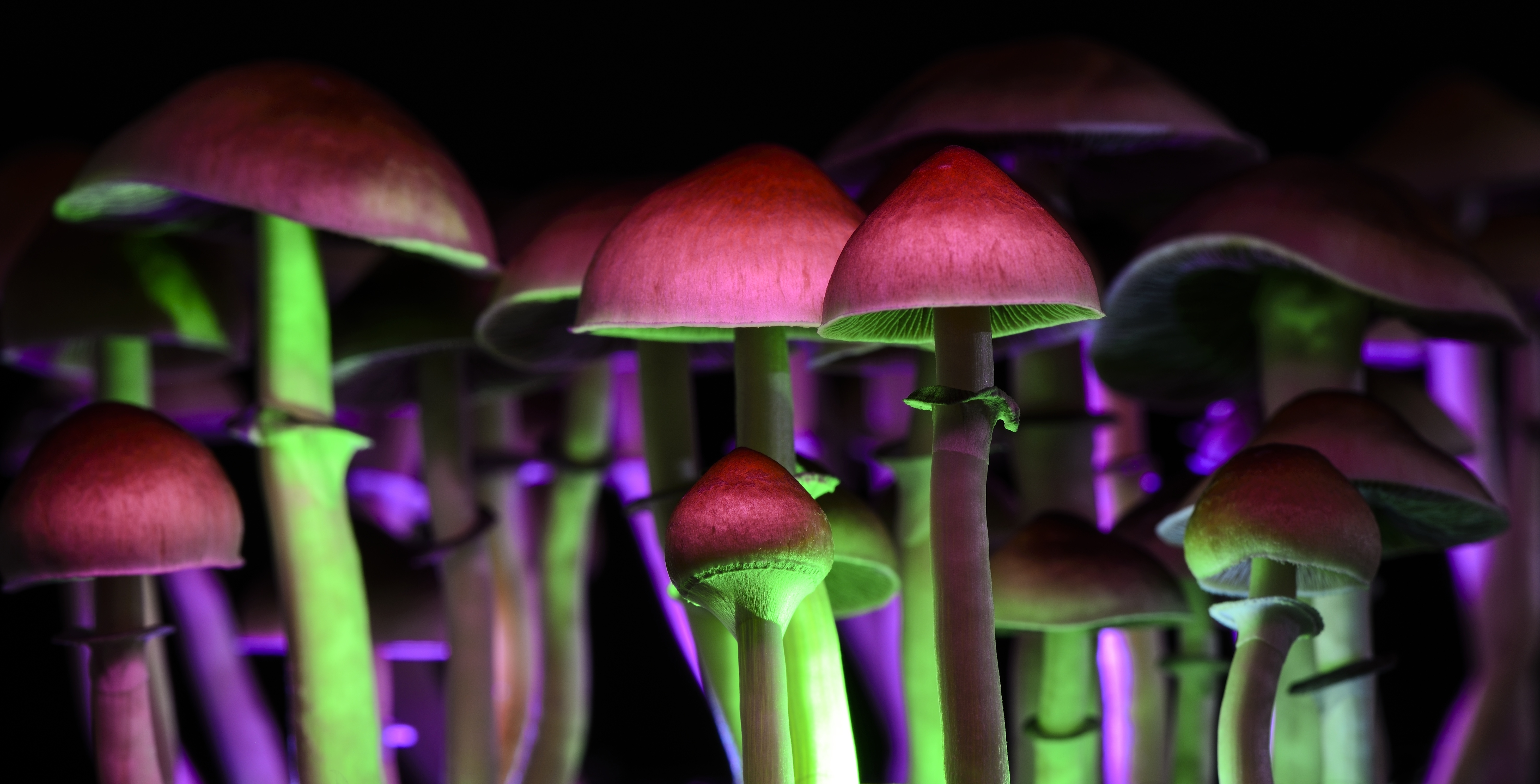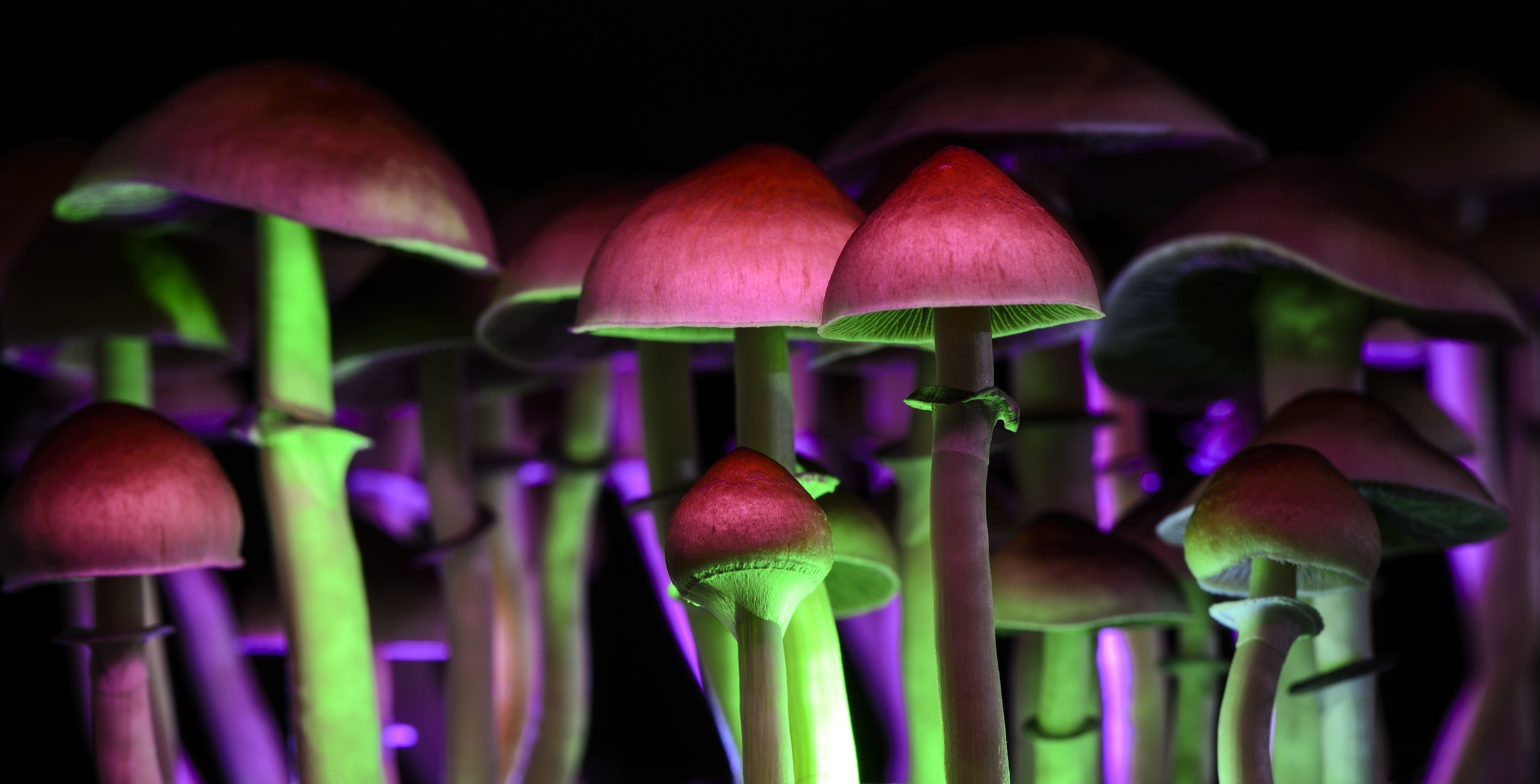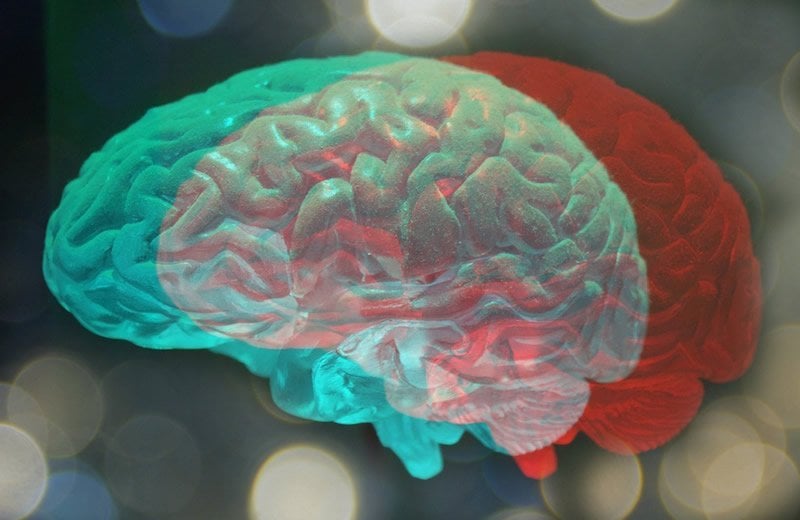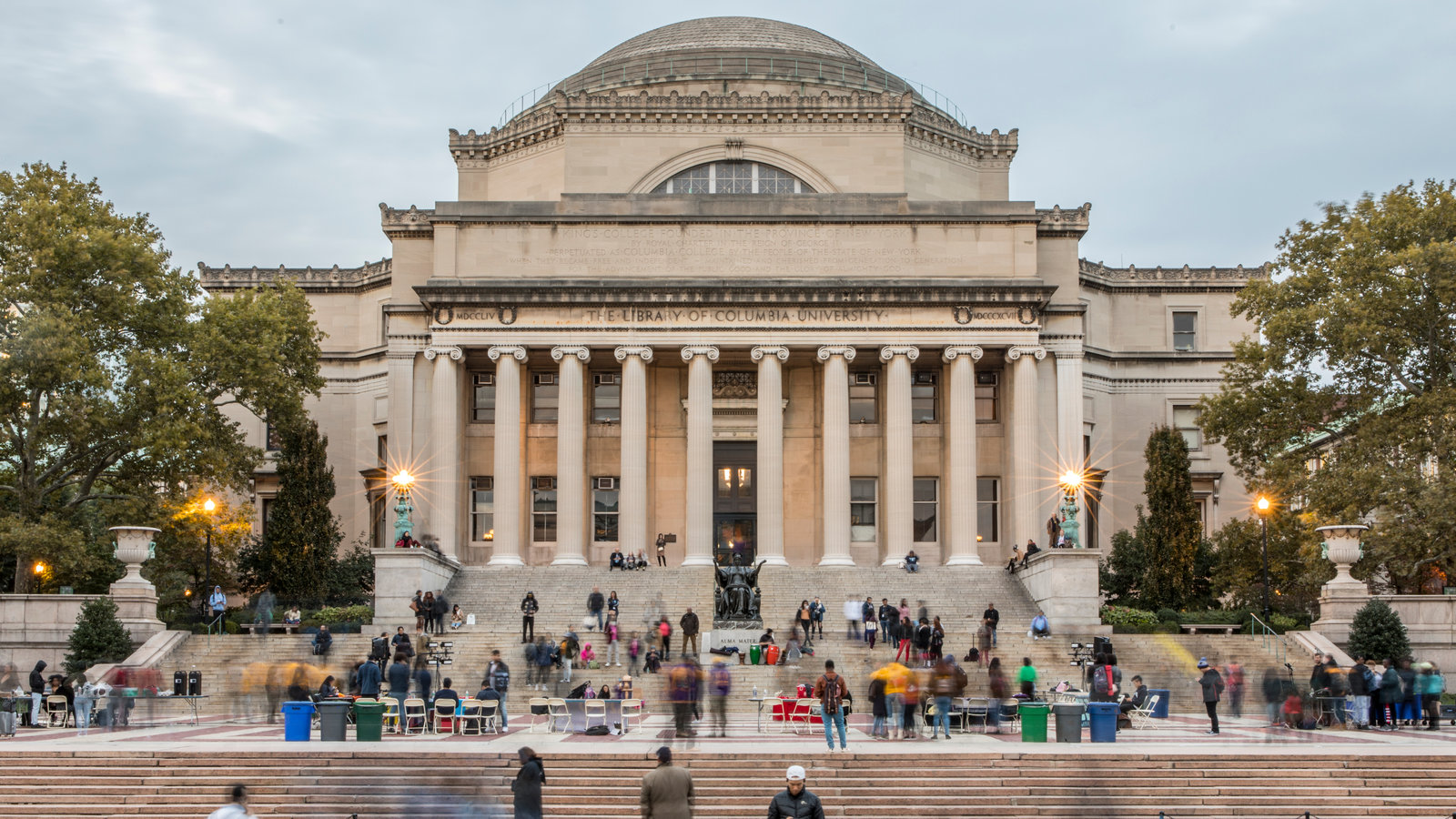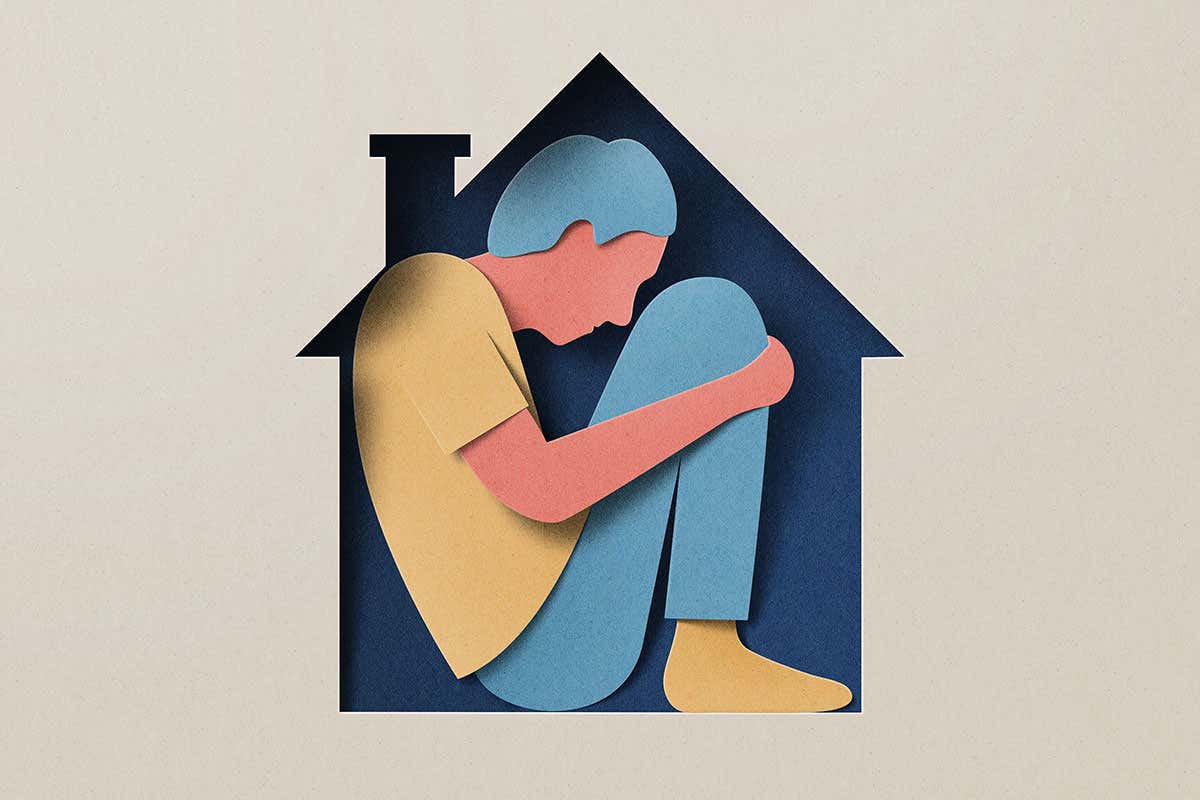Could psychedelics help to heal the crisis of disconnection?
by Sam Gandy, Rosalind Watts & Alex Evans
We urgently need tools that can facilitate connection and foster a common sense of purpose for protecting and restoring our world.
Disconnection, in a broad sense, may be the root of a number of our civilisation’s major ills.
Unless this disconnection - to self, self with others, and the natural world - is addressed, the future of our species on this planet is likely in jeopardy.
It's widely considered that we have entered the sixth mass extinction of life on this planet, due entirely to human actions on the biosphere. The publication of the Intergovernmental Science-Policy Platform on Biodiversity and Ecosystem Services (IPBES) report in May of this year makes for grim reading. Complied by 145 expert authors from 50 countries assessing changes over the past 50 years, the assessment found that nature is declining at rates unprecedented in human history, with ecological degradation and rates of species extinctions accelerating, with over a million species now threatened with extinction.
This has dire implications for the biosphere at large, as well as the survival of our species, with fundamental, transformative change from local to global scales now essential to reverse this dire trend.
Interestingly, the only areas not undergoing ecological degradation were those inhabited and managed by indigenous people, and in fact such areas may even harbour greater biodiversity than protected areas. One common thread linking indigenous groups all over the world is that they tend to be very strongly connected to nature and highly protective of their surrounding environment.
When this connection to nature is very high, people often view their surrounding environment as an extension of themselves, which increases the desire to protect it. We have lost this connection as a side effect of our materialistic, technological civilisation, and the ecologically protective intuition that stems from it. Indigenous groups also tend to have a much stronger community connectedness, with more of a group centered existence, living less individualistic, egoic lives than us in the Western world. This stands in contrast to the idea of the ‘separate self’ which has become central to Western societies over the past five centuries, from the Enlightenment’s emphasis on rigid lines between mind and matter, or humans and nature, all the way through to contemporary trends such as consumerism, falling social capital and status anxiety.
Our disconnection from nature seems to have begun once we transitioned from hunter gatherers to farmers, which fundamentally changed the way our species perceived and interacted with the natural world. The existence of certain species and groups of people were valued over the existence of others, and nature was a resource to be tamed and controlled. Our domestication of plant and animal species was two way, and this process sowed the seeds of the civilisation we know today. For the first time we started in living in larger and increasingly urban population centres, which has acted to disconnect us from nature further. The most recent wake of nature disconnection seems to be being fuelled by our increasing technological dependency, with our growing screen addictions rendering us prisoners of the paradox that the more we watch, the less we see of the world around us.
If a growing disconnection from nature is fuelling the ecological crisis, a growing interpersonal disconnection and disconnection from core self is fuelling the mental health crisis. A sense of disconnection is linked to poor mental health, including depression, with a sense of connection or connectedness being linked to psychological well-being, and recovery of mental health. One small but noteworthy study exploring the effectiveness of psilocybin therapy for the treatment of major depression found that 85% responded to varying degrees, and an enhanced sense of connectedness was commonly reported by those whose symptoms improved, with depression frequently tied to feelings of disconnection. Feelings of disconnection have also been associated with use of SSRI antidepressants, which are commonly prescribed for depression sufferers. In another study, it was found that 94% of these people reported a new sense of connection to the world around them, with an increased connection to others noted up to a year later. Interestingly, a deeper ‘connection to self' was also frequently reported. This does not imply a connection to ‘ego self’, but rather a sense of expanded connection linked to people’s ‘true self’, tied to one’s emotions and intuition, and guided by an inner sense of meaning, purpose, empathy and compassion.

In the qualitative follow-up, participants offered these reports:
“Like Google Earth, I had zoomed out … I was absolutely connected to myself, to every living thing, to the Universe.”
“This connection, it’s just a lovely feeling…this sense of connectedness, we are all interconnected."
Research has already shown that experience with psychedelics strongly predicts an increased connection to, or self-identification with nature, with self-reported engagement with pro-environmental behaviours stemming from this. Albert Hofmann, the scientist who first synthesised LSD in 1938, came to view the capacity of psychedelics to reconnect humans with nature as perhaps their most important and fundamental property. Shortly before his death, at the mighty age of 101, he said that:
“Alienation from nature and the loss of the experience of being part of the living creation is the greatest tragedy of our materialistic era. It is the causative reason for ecological devastation and climate change. Therefore I attribute absolute highest importance to consciousness change. I regard psychedelics as catalysers for this.”
Psychedelics can unlock a newfound appreciation of nature, a profound sense of being part of a much larger whole and of a magnificent interconnected web of life – something that has been described again and again in experience reports, research surveys, experimental studies and historical accounts of early psychedelic experiences. In this respect, psychedelics can be considered as biophilia enhancing agents. Biophilia, a term coined by biologist E. O. Wilson, refers to our innate fondness for nature, or “the connections that human beings subconsciously seek with the rest of life.” Our species has spent 99.99% of its existence living in natural environments, for which our physiology and psychology is adapted. In a recent survey of 150 psychedelic users, all reported that biophilia was enhanced.
Psychedelics are not required to increase feelings of nature connection, the physical sensory experience of being in nature alone is sufficient to enhance it. However not everyone is fortunate enough to have grown up with access to nature, and without childhood contact with nature, a connection may be lacking. It seems that the power of psychedelics may be to increase nature connection in people who are highly disconnected from it, and so play a role in converting ‘nature sceptics'. An increased acknowledgement of nature has also been implicated in fostering connectedness in a broader sense, including to people, nature and life as a whole.
There is a significant body of research literature to show that high ratings of nature connection are strongly correlated with reduced levels of anxiety, greater happiness and positive affect, life meaning and vitality, and improved psychological well-being, and that degree of nature connection also mediates some of the benefits one gains from spending time in nature. Nature connection is also considered a strong predictor of pro-environmental behaviours, outperforming all other tested variables as a single construct. It seems that an emotional, empathic connection to nature is needed to motivate behavioural change, and that concern arises as a side effect of this deepening connection.
The breakdown of communities and the associated disconnection and loneliness that follows in its wake is considered a major health issue, worse than smoking and on par with obesity. Depression is on the rise, considered by the World Health Organisation as the leading cause of disability worldwide. It seems that, in part, rising depression and suicide rates are symptomatic of a sick society. Growing disconnection, and its associated individualism appears to also be playing out in the global political sphere, with increasing disconnection catalysing greater division, evidenced by a tendency toward tribalism and polarisation of global politics.
Global politics appear to be becoming increasingly ‘triggered’, with growing anxiety cultivating a widespread, polarising ‘us-and-them’ mentality. This in turn creates opportunities for political populists and authoritarian leaders to take power through wielding a combination of psychology, technology and communications. As a result of disconnection and the division that it fosters, leaders may be more inclined to gain votes by making promises to build physical walls between people rather than bridges. This growing political polarisation should be of grave concern, and has led many analysts to become increasingly concerned about the breakdown of common ground and capacity for societies to feel a shared sense of purpose and identity. This division prevents us from effectively responding to some of the toughest and most urgent challenges that humans must face, including global climatic change and accelerating ecological destruction. The only hope we have at solving issues on this scale is for societies to come together with a more cohesive and strongly shared sense of purpose.
Psychedelics can be considered agents of connection. At the level of the neuron, they increase synaptic and neurite connections. At the level of the brain, they increase global connectivity, facilitating communication between different brain regions. They facilitate increased connection of the self, and self with others, and they can enhance our connection to nature and the world at large. Their ability to enhance connectedness may be linked to their effects on the ego, or our sense of subjective self-identity. An overly ‘rigid’ ego may play a major role in both depression and nature disconnection, with egoic separateness walling us off in private prisons and disconnecting us from our core selves, other people and the world around us, narrowing our perspective. Under a high dose of a psychedelic such as psilocybin, a brain network called the default mode network, which is a fundamental component of the neural basis of the ego, is relaxed and deactivated. The deepened connection people describe may stem from the unitive states that are made accessible by this blurring of boundaries that ego dissolution facilitates. This appears to be the mechanism through which perceived boundaries between self and other dissolve, catalysing an expanded perspective of self-nature overlap. The deepened connection to nature people describe post psychedelic experience also appears to be an enduring perspective shift, lasting at least a year.
Contemporary scientific research is highlighting the capacity of psychedelics to facilitate connection between people, and the environment they are a part of. As humanity faces a deepening ecological crisis, we urgently need tools that can facilitate connection, foster empathy and a shared sense of common purpose for protecting and restoring our world, while allowing us to identify with a ‘larger us’…one that includes all the world’s people, other species and generations as yet unborn. This is similar to the view commonly ascribed to the profound cognitive shift known as the ‘overview effect’ described by astronauts viewing the Earth from space. It may be that psychedelics provide an alternative but more accessible and egalitarian route to a similar transformative vantage point. What if rather than vilifying these compounds, we held them in the same high regard as some indigenous groups do? How different might our global future look if that were the case?
One of the reasons for the success of our species is our ability to identify with and cooperate at ever-larger collectives and scales of complexity: from Neolithic tribes to chiefdoms, from city-states to kingdoms, from nation-states to global diasporas and, just 50 years ago, the first photograph of Earth snapped from space by NASA astronaut Bill Anders.
However, as we become a more global society, local communities are surrendering their identity and resources to the larger unit. A crisis of economic extraction is a factor here; 84 % of global ‘stock’ is now held by the wealthiest 10%. Bennet A Zellner’s work on ‘inclusive economic development’ describes how as in nature, healthy economic systems support an interdependent web, whereas unhealthy systems focus on extraction. He describes how a promising alternative model, the ‘pollinator’ approach, seeks to heal community systems by renewing and recirculating resources locally. In the future, psychedelic healthcare could adopt the pollinator model, with healthcare hubs like thriving beehives which nurture and rejuvenate the local ecosystem. Psychedelics offer promise as a treatment for depression, addiction, existential anxiety in those with a terminal illness diagnosis, and the evidence base is rapidly increasing. The psychedelic treatment centres of the future could be part of a new paradigm of community-based wellness. For this, we have much to learn from some indigenous groups.
At this moment, humanity appears poised between breakdown and breakthrough. A breakdown scenario would see us fragment into small groups as a primary consequence of our growing disconnection and political division, with potentially catastrophic results given the severity of the challenges we face at a global scale. Our only hope in facing these challenges would be through a breakthrough, which would see humanity jump to a much higher level of coherence and interconnection, and one essential if planetary level problems are to be addressed…much as evolution saw the emergence of novel complex systems, from cells to organs, and neurons to brains. The key variable that will tip the balance between these two scenarios is psychological, hinging on how we see ourselves and each other, whether we feel connected or threatened, and the size of the collective with which we identify. The solutions to the issues we face may reside in re-establishing our lost connection to the natural world, and each other, the ultimate source of our collective well-being.
We urgently need tools that can facilitate connection and foster a common sense of purpose for protecting and restoring our world.

www.whatisemerging.com
